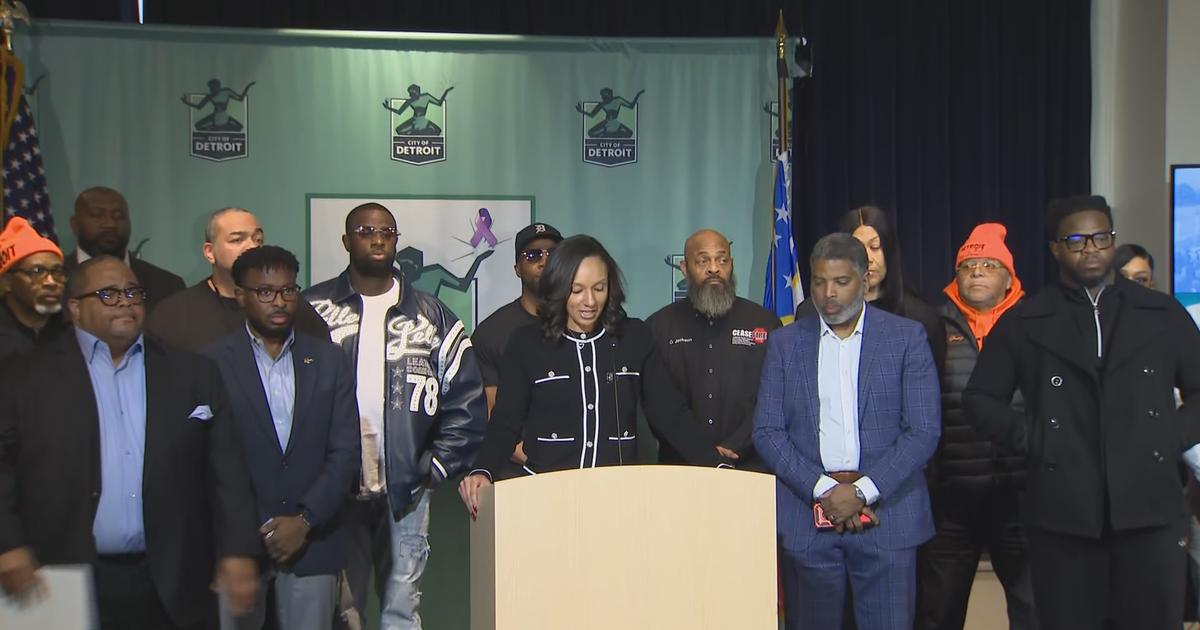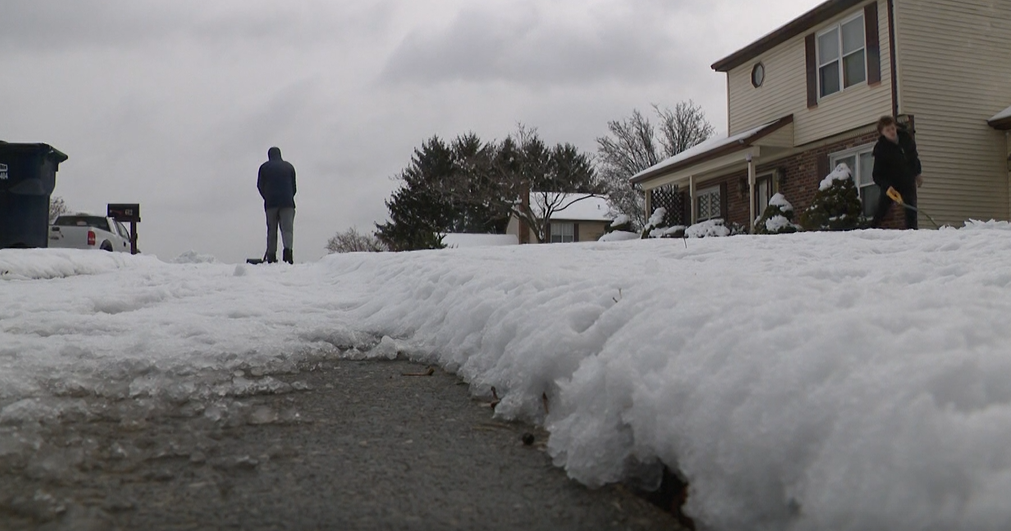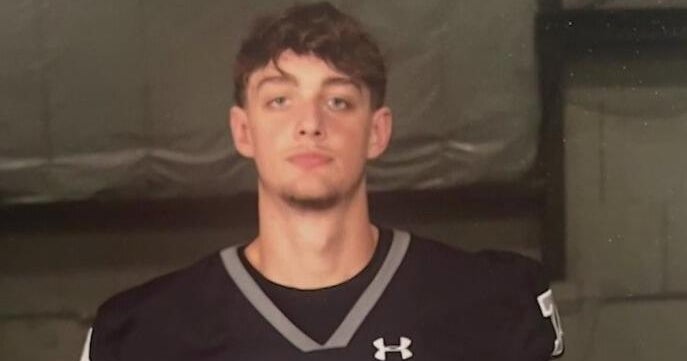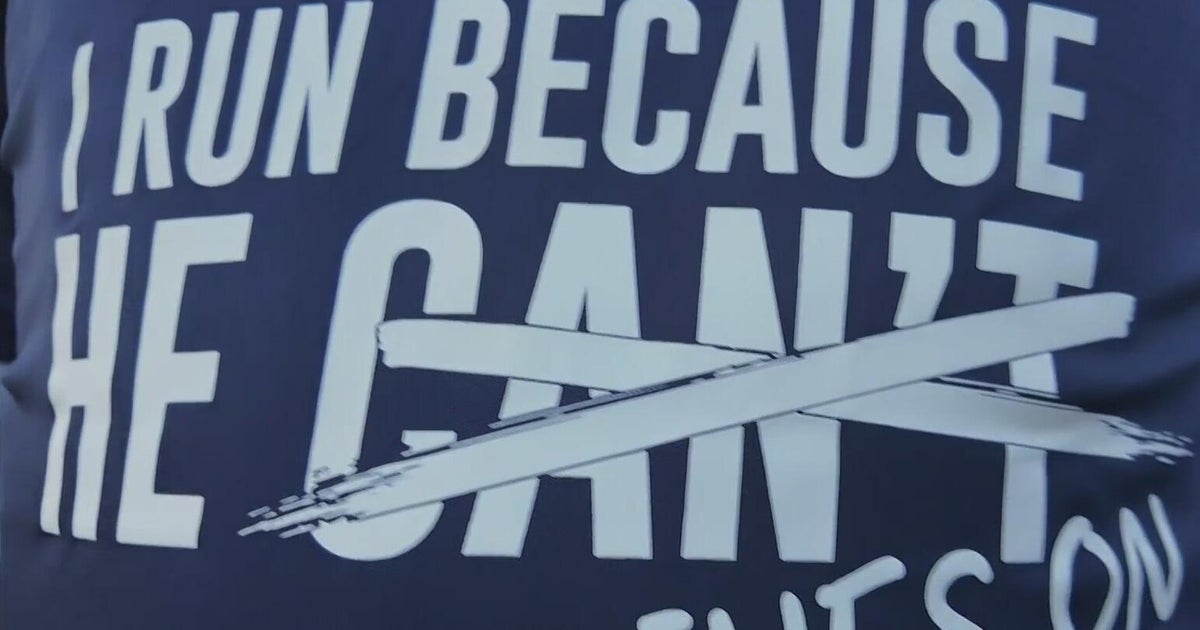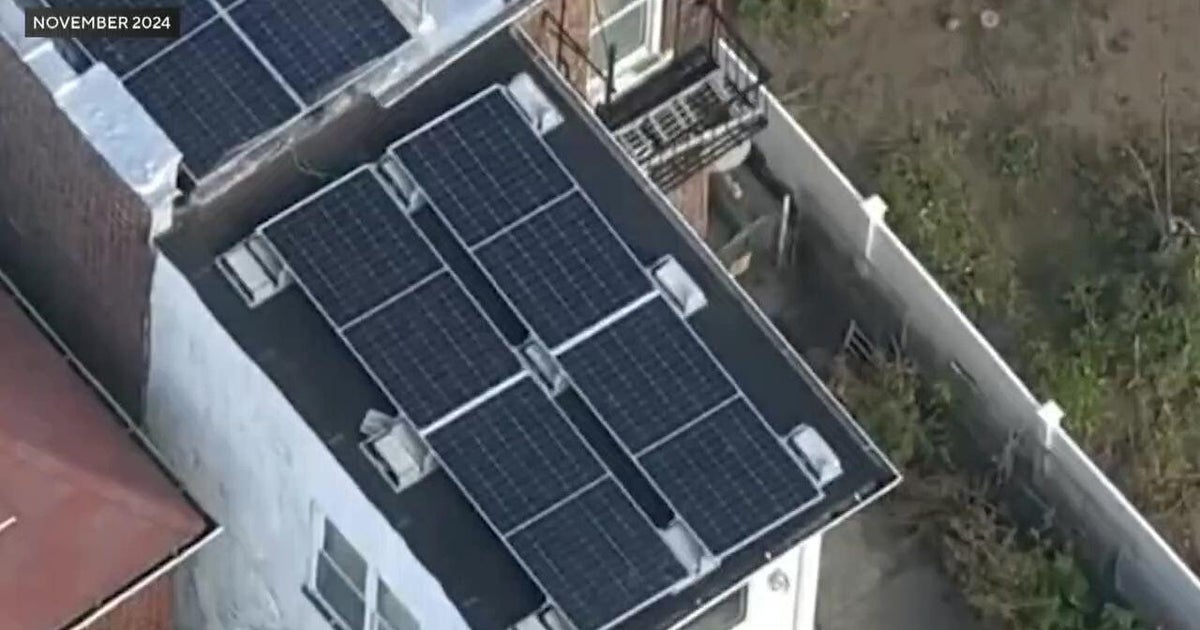Airbnb owners and managers push back on residents' displeasure saying they're a boon for the community
PITTSBURGH (KDKA) - In the past three years they've grown exponentially and now on any given night, there are about 2,000 Airbnbs and other short-term rentals available in Allegheny County, mostly in the city of Pittsburgh.
While owners and managers call them an economic boon, some neighborhoods are saying "no mas" with complaints of noisy nights and garbage-strewn mornings.
The owners and managers also maintain that it's a shot in the arm for those host neighborhoods, showcasing the city of out-of-towners in a uniquely Pittsburgh sort of way.
"There's nothing wrong with a hotel but you're not in the community," said Chad Wise an Airbnb owner and manager. "If you stay in Bloomfield or Lawrenceville, or the North Side, you get a true vibe for what the city is all about, what the people are about, and makes you fall in love with the city."
However, not everyone is in love with them.
"It's damaging the neighborhood, we are losing the cohesive nature of our neighborhood," said Candace Cain, a resident of Fineview.
In the past three years, investors both local and out of state, have bought up about 20 houses in Fineview and converted them into short-term rentals. Online, they market the neighborhoods' spectacular views and close proximity to the stadiums.
Cain said the constant parade of visitors has given Fineview a transient feel.
"They are frequently inconsiderate, and noisy, and they're here on vacation," she said. "They're here for a big weekend, there's no parking, the trash is put out at odd times, and we're experiencing vermin in ways we never have before."
Nationally, Airbnb has taken steps to curtail the partying, banning guests and operators who amass complaints but Pittsburgh's efforts to register short-term rentals and require inspection and emergency contact numbers have been tied up in court. That comes as a frustration for Cain who said investors have taken affordable houses off the market, driving up prices.
"So long as this city does not regulate Airbnb, we are like open season for investors," she said.
The concerns are not unique to Pittsburgh and other towns like Philadelphia, Erie, and even Millvale regulate Airbnbs, the latter requiring an operating permit, inspections, and emergency contact numbers for an owner or manager in the event of trouble.
Meanwhile, Airbnb owners and managers like Wise said they closely monitor their guests for noise and disruption and would have no problem if similar regulations were implemented in Pittsburgh.
"We embrace regulation, we don't allow parties, we don't allow events, if hosts are allowing that, they should regulated out of existence," Wise said.
For more than a decade, the city's attempts to register all rental units have been tied up in court and now regulations regarding short-term rentals are tied up with it. The Gainey Administration said this has been preventing them from regulating Airbnbs.
"We're frustrated and have been frustrated that we have to wait so long," said Pittsburgh Deputy Mayor Jake Pawlak.
Deputy Mayor Pawlak said the city has now tweaked its rental registration ordinance to pass a court challenge and expects to begin regulating Airbnb this summer.
"We need this tool to know how many there are, know where they are, and be able to reach the responsible party when something is happening," he said.
This has taken a long time and even if these regulations are implemented in the summer, the neighborhoods are looking for even tighter rules like limiting the number of short-term rentals in a given zone so the fight isn't over.



